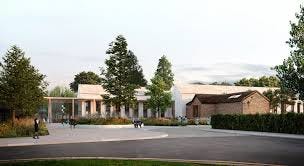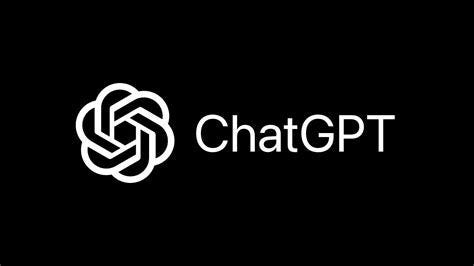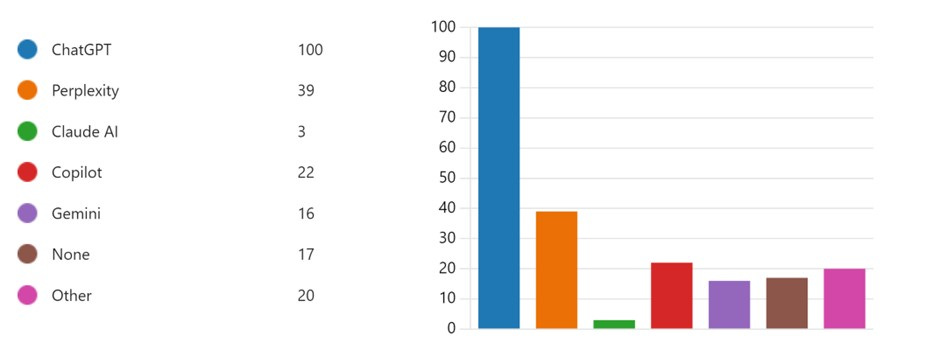The NLCS Innovation Substack, Summer 2024
An innovation in education substack from North London Collegiate School, UK to share our practices and ideas. Edited by Mr Robin Street, Director of Innovation & Dr Will Van Reyk (Head of History)
Welcome!
Earlier in the year, our Headmistress, Vicky Bingham wrote a blog post for our school website on the importance of innovation in education and how we are establishing an innovation centre at NLCS to foster this. In that blog, drawing upon Aristotelian ideas, Vicky highlighted three key components of innovation: adapting existing elements, cross-fertilising different entities, and disrupting previous conditions. I am delighted that in line with the approach outlined there we are sharing today our first Substack focusing on the innovative work we are currently doing on AI. In future editions we will be writing about our developing work on staff development, partnerships, community outreach, and curriculum.
Vicky Bingham’s original blog post can be read here: The Concept of Innovation.
The innovation centre here at NLCS is in its early stages. We are very much looking forward not only to the opening of the new centre later in the year, but also to sharing our learning from the work we are doing with colleagues from all sectors of education.
Collaborating with colleagues here at NLCS, our partner schools, and across all areas of education is a key tenet of the centre and a commitment from staff leading this work. This substack is our first step in this area and we hope that it will provide stimulation, ideas, and resources to colleagues interested in a forward-looking, grounded, and problem-solving approach to innovation in education.
Much more to follow in the coming terms, but in the meantime we would like to wish you all a restful summer holiday when it comes.
Special Feature on Innovation with and through Technology: Artificial Intelligence in Schools
Upskilling Staff and Students in Responsible AI
At NLCS we have been doing a lot of work behind the scenes to ensure we are ‘AI ready’ for September 2024. So what exactly has this involved?
We have had a staff working-group on AI running throughout the year and meeting regularly. One of the main outcomes of this has been the development of an AI policy for the school which will be rolled out in September when we return to school. We decided to call it a ‘Responsible AI Policy’ as a really important part of the approach we have adopted has been to root the guidelines in key values such as transparency, critical use, privacy, respect for intellectual property, accountability, and age appropriateness. We have also developed our own version of the cutting-edge AI Assessment Scale (based on the work of academics Leon Furze, Mike Perkins et al) to help us move beyond a simplistic use/don’t use AI framework for students. The scale and the research paper that went with it can be downloaded here.
Staff at NLCS have had whole-staff INSET on using AI, and really importantly for us as a school this has included not just teacher training but also support staff training too. In both cases the key message has been that AI can be used both to save time and also, perhaps more importantly, enhance the work we do when used intelligently.
Given that AI is such a new and emerging technology and an area we as a school are starting to build up considerable expertise in, as well as training our own staff, we have been involved in training teachers across the country. This year Will has been delighted to run training for Eton College, the educational charity the PTI, and most recently both of us for NLCS as part of our partnership work. We ran NLCS’s first online training course on AI practice and policy in the final week of term - the dual focus was very deliberate and reflects our view that schools cannot upskill their staff without also providing a clear framework for usage and indeed strategic leadership on AI.
We were absolutely delighted with the large uptake for the course, with over 70 participants signed up from schools across the country. On that note, Will actually discovered a brand new feature in ChatGPT when he asked it to plot the schools attending on a map - look what it produced:
Whilst we believe that a good staff understanding of AI is crucial and indeed fundamental, education is of course ultimately about the students. Staff need to understand AI both because it is an important skill for them but also because it is a skill they will need to teach and incorporate to help prepare their students. At NLCS we have developed our own bespoke AI literacy course, our ‘AI Driving Licence’, which all students will be introduced to at the beginning of Year 7 and running to the end of Year 9, mainly as part of the form time programme.
As part of the development of our programme we have consulted widely, including the students themselves as it is important their voices are heard in how we teach about a technology that will shape their lives. 127 students in the Senior School responded to a recent survey and it was really encouraging to see that a high proportion of our students are aware of and using Perplexity. If you have only heard of ChatGPT we encourage you to give it a go - it is basically an AI powered search tool and the great thing about it is that unlike ChatGPT it gives you the sources of the information it provides, so you can fact-check. This was the response to our question, Which of the following AI tools have you used? (Select all that apply).
Another really interesting response was in relation to Which three aspects of AI would you most like to learn more about in school?
The full text of the red question was: AI’s impact on society and the future of work. It is so important our students are socially aware and also prepared for the world of work, so we were delighted to see that this is one of the top areas they want our programme to touch on.
Year 12 Sports captains showcase their talents using AI:IO
AI:IO, a new company, is utilising AI to "reshape the sports landscape" with a fully automated platform for talent analysis, discovery, and development. Our Director of Sport, Mrs Castle, along with a select group of year 12 students, collaborated with the AI:IO sports team to explore the transformative potential of their technology in sports education and student self-assessment. The visit to their 'technology truck' during PE week at NLCS last week not only highlighted our students' impressive abilities but also revealed to Mrs Castle the technology's potential to revolutionize PE teaching and coaching. We hope to continue working with AI:IO next year. Stay tuned for future updates on how this may evolve.
AI in Subject Departments - MFL case-study
The editors of the substack recently had the pleasure of sitting down with some of our forward-thinking Modern Foreign Languages teachers to discuss how they've been incorporating AI into their classrooms. It's fair to say we were impressed by their enthusiasm and innovative approaches!
Karine Bonnal, Head of French, shared how they've been exploring AI throughout the year. The department have found AI incredibly useful for creating prose and translation exercises based on authentic French articles which the students then critiqued. Karine emphasized that it's not just about letting the AI do the work - they're learning that choosing high quality source material and promoting critical thinking is absolutely crucial.
A number of the departments in MFL here are also using ElevenLabs, an AI text-to-voice tool, to turn written material into listening exercises. For Celia Ortiz from the Spanish department Elevenlabs has been a game-changer. The Spanish department are using it to create listening exercises that expose their students to a wide range of Hispanophone accents and dialects. The French department have been similarly impressed and have also been experimenting with the AI tool Mizou for IGCSE speaking and writing practice: students can act on high quality, AI-generated feedback.
Both teachers highlighted an interesting new feature they've been trialling in Microsoft Teams. Their students have been using an AI-powered tool for pronunciation practice at home. It gives them instant feedback on their speaking - almost like having a patient tutor available 24/7.
Of course, it hasn't all been plain sailing. Both Karine and Celia mentioned that sometimes the AI-generated voices need a bit of tweaking to sound more natural. However, they were quick to emphasise how much time these tools are saving them, allowing for more creative lesson planning and personalised instruction.
What really stood out to us was how the MFL department is embracing NLCS's approach to AI. They appreciate the training provided for both staff and students, ensuring that AI is used innovatively and responsibly. Celia summed it up well: it's not about replacing their teaching methods, but enhancing them.
It's clear from our conversations that the MFL department is leading the way in showing how AI can enrich language learning. We can't wait to see what they come up with next!
Thanks to Celia Ortiz, Teacher of Spanish and Karine Bonnal, Head of French from MFL for speaking to us.
Artificial Intelligence Further Reading
Will has just had a piece published on What education do we need now? in Germany’s new ‘human Magazin’ edited by philosopher Dr Rebekkah Reinhard and which takes a holistic approach to AI.
The open access version of his essay for the magazine is available here in English:
https://human-magazin.de/2024/06/23/dr-william-van-reyk/
Earlier in the year Robin and Will were fortunate enough to be invited to the book launch of Verity Harding’s AI Needs You at the Royal Academy of Arts. It is an absolutely fantastic read. Here’s one of our favourite quotes:
STEM skills are extremely important to our future health and prosperity but so are disciplines such as art, literature, philosophy, and history. These are just as critical to the future of technology and to the future of humanity.
And finally….
As we prepare to welcome students into a unique and exciting new innovation facility, we really enjoyed the summer festival this term which was spearheaded so brilliantly by ‘the Big Six’. With the theme of Innovation, our student leadership group inspired students across the school to think creatively about big global questions. It resulted in some thoughtful, entertaining, and insightful work from students across the school. Their video below summarises it perfectly. These questions were inspired by the work of the Grand Challenges team at UCL, focusing on global issues that the world faces. Future work of staff and students in the innovation centre will revisit some of these big questions as we think about why we learn what we learn and how society can overcome some of the grand challenges we face.













